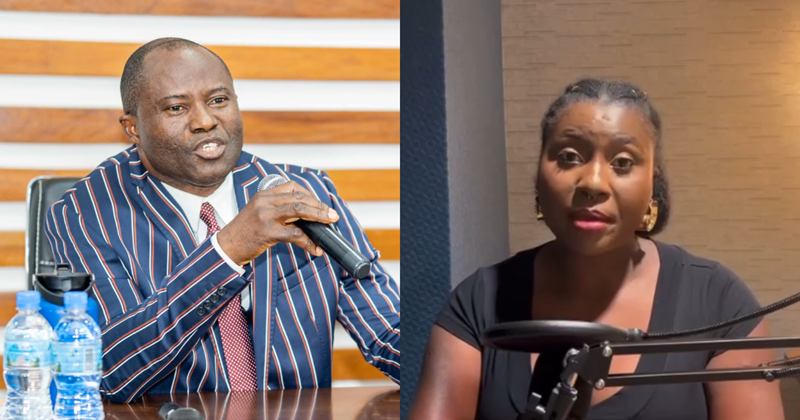Sierra Leone’s government has prided itself on leading a global charge against sexual violence, with initiatives that span from the local to the international stage. With groundbreaking campaigns like “Hands Off Our Girls” and bold moves such as the 2019 amendment of the Sexual Offences Act, which introduced life sentences for rapists, the administration has positioned itself as a champion of women’s rights. Yet, beneath the surface of this progressive facade lies a darker, more troubling reality: allegations of sexual assault and harassment within government ranks that continue to be ignored.
This issue goes beyond any individual accusation; it represents a growing crisis of accountability within the highest offices of power. Recently, allegations surfaced against a prominent government minister, but rather than addressing them head-on, the government has opted for a chilling silence. The alleged attempted rape of a young woman, revealed in a public video, has gone uninvestigated. This is not just an isolated case—it’s a part of a larger pattern that has left many wondering whether Sierra Leone’s fight against sexual violence applies only to the public and not to its political elite.
In recent years, there has been a noticeable rise in reports of sexual violence across the country. This rise coincides with what can only be described as selective enforcement of the laws meant to protect women and children. While the government has taken public steps to tackle rape and abuse, the same vigor is absent when the accused are individuals in positions of power. The hypocrisy is glaring, as many officials with allegations hanging over their heads remain unscathed, continuing to hold office and enjoy the privileges that come with their roles.
In 2019, the country was gripped by outrage when several high-profile cases of sexual misconduct emerged. The government’s response was to declare a national emergency over rape and sexual violence, which was seen as a bold and necessary move. At the time, there were promises of swift justice, harsher penalties, and an unyielding commitment to protecting the vulnerable. However, that commitment now seems conditional, as numerous cases involving individuals within the government have been left unaddressed.
This failure to act has wide-reaching implications. Sierra Leone has positioned itself as a global leader in the fight against sexual violence, sponsoring United Nations resolutions and pushing for international treaties to guarantee access to justice for survivors worldwide. In November 2022, a U.N. General Assembly resolution, spearheaded by the country’s leadership, declared November 18th as a day to spotlight the sexual exploitation and abuse of children. It was a proud moment for Sierra Leone on the international stage. However, this international advocacy rings hollow when there is no accountability for similar abuses occurring within the country’s own borders.
The continued shielding of individuals accused of sexual misconduct sends a dangerous message: that power protects. This inaction not only emboldens the accused but also creates a culture of fear among survivors, who may feel that coming forward will only lead to further victimization. It’s a chilling reality when those tasked with protecting the nation’s women and children are the very ones hiding behind their positions of power, safe from investigation or consequence.
Moreover, the rising cases of sexual violence in Sierra Leone show no sign of slowing down. The government’s refusal to take firm action in high-profile cases sets a dangerous precedent for the rest of the country. Survivors are often left with no other option but silence, knowing that even the loudest cries for justice will fall on deaf ears. As reports of rape and sexual assault increase, the lack of accountability at the top of the political ladder creates a ripple effect that permeates all levels of society. When the government fails to lead by example, how can it expect others to respect the laws meant to protect the vulnerable?
Sierra Leone’s credibility on the global stage is also at risk. While President Bio’s administration is lauded for securing access to justice for survivors of sexual violence through international treaties, the same access is glaringly absent for survivors within the country. The disparity between the government’s international achievements and its domestic failures cannot be ignored. If Sierra Leone wishes to maintain its hard-won reputation as a global leader in the fight against sexual violence, it must first address the unresolved cases within its own borders.
Ultimately, the silence surrounding sexual assault allegations in Sierra Leone’s political landscape is not just a moral failing—it’s a betrayal of the nation’s values and the women and children it claims to protect. The government must take immediate, decisive action to investigate and address these allegations. Justice for all, not just for some, is the only way forward. Without accountability, Sierra Leone risks losing not just its credibility but its moral compass in the fight against sexual violence.











